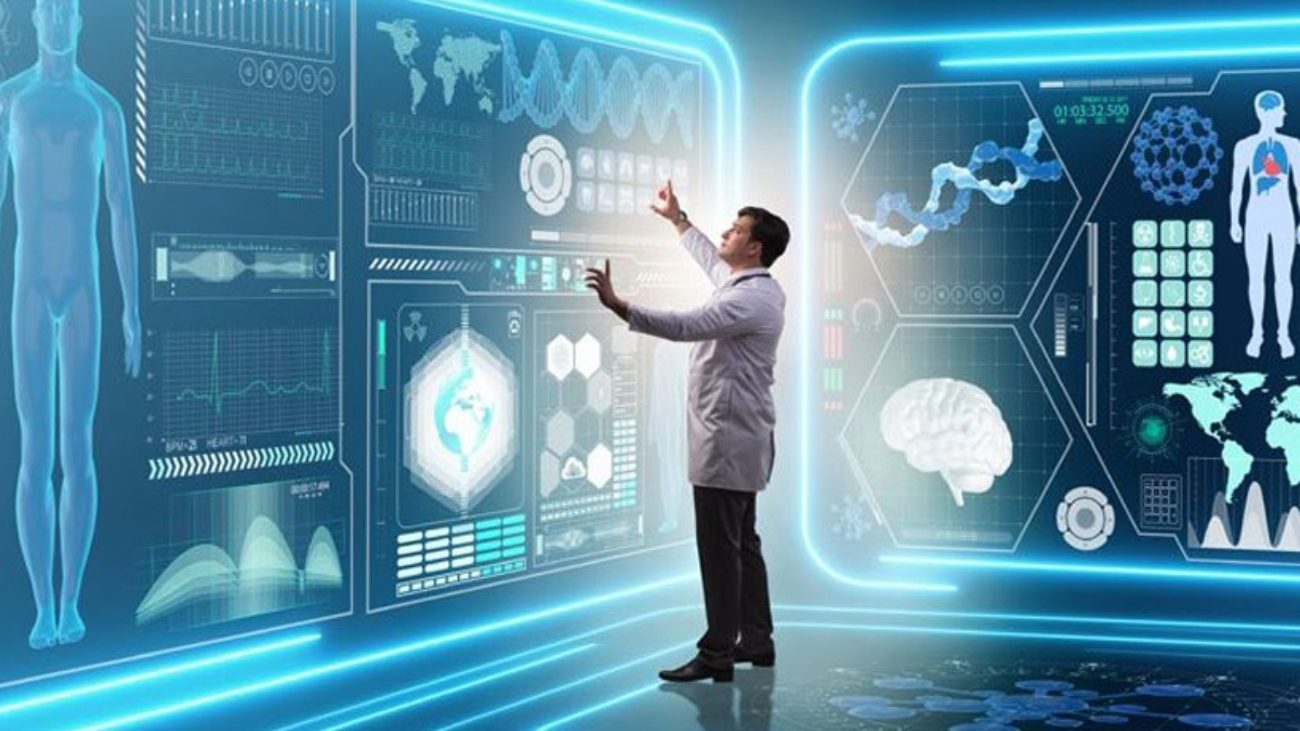Time is of the essence in the medical field, especially in urgent situations where a prompt and precise diagnosis can mean the difference between life and death. A new era in healthcare has begun with the introduction of artificial intelligence (AI) into imaging technology, which presents previously unheard-of opportunities to speed up the diagnostic process and improve patient outcomes. This article explores how AI-based imaging technology is transforming the way healthcare professionals handle urgent medical situations by drastically cutting the time it takes to diagnose critical cases.
The Evolution of AI-based Imaging Technology:
- Advanced Image Analysis: Medical imaging has been transformed by AI algorithms, which make it possible to analyze complex images quickly and accurately. AI can identify subtle abnormalities and patterns that may escape human perception by utilizing machine learning and deep learning techniques. This can result in more precise and prompt diagnoses in critical cases.
- Automation of Diagnostic Tasks: AI-based imaging technology streamlines the diagnostic process and frees up healthcare professionals to concentrate on important decision-making by automating repetitive tasks like image segmentation, feature extraction, and pattern recognition. This automation improves overall efficiency in healthcare settings by cutting down on diagnosis time.
- Predictive Analytics: Massive volumes of imaging data can be combed through by AI algorithms to find trends and patterns that might point to future health risks or the development of a disease. Healthcare professionals can improve patient outcomes and shorten diagnosis times by using predictive analytics to act proactively in high-risk cases.
- Personalized Medicine: Customizing treatment plans based on unique patient characteristics and imaging results is made possible by artificial intelligence (AI) in imaging technology. Healthcare providers can expedite the diagnosis process in critical cases and optimize treatment outcomes by customizing interventions to each patient’s unique needs.
Benefits of AI-based Imaging Technology in Critical Cases:
- Swift Diagnosis: Real-time medical image processing enabled by AI technology gives medical practitioners quick insights into a patient’s condition. This ability to diagnose quickly is especially important in urgent situations where prompt action is essential.
- Enhanced Accuracy: AI algorithms help medical professionals identify even the smallest irregularities and provide accurate, precise diagnoses. In critical cases, AI improves the accuracy of imaging-based diagnoses by reducing human error and variability.
- Resource Optimization: Healthcare facilities can maximize their resource utilization by using AI-based imaging technology to automate repetitive tasks and streamline image analysis processes. Healthcare professionals can prioritize urgent cases and speed up the diagnosis process thanks to this efficiency, which eventually improves patient care.
- Facilitated Collaboration: AI-enabled imaging technology offers a centralized platform for sharing and analyzing medical images, which facilitates smooth collaboration between healthcare teams. Multidisciplinary teams can collaborate to speed up diagnosis and treatment decisions for critical cases through real-time communication and data exchange.
Challenges and Considerations:
- Data Security and Privacy: Data security and patient privacy are concerns raised by the use of AI in imaging technology. To prevent unauthorized access or breaches of sensitive medical information, healthcare providers must put strong security measures in place.
- Algorithm Bias: If AI algorithms are trained on biased datasets, they may display bias or inaccuracies. To overcome biases and guarantee impartial and accurate diagnosis in critical cases, routine validation and monitoring are crucial.
- Ethical Implications: Concerns about patient autonomy, informed consent, and the place of technology in decision-making are raised by the application of AI in healthcare. When using AI-based imaging technology in critical cases, healthcare professionals must respect ethical standards and navigate these ethical considerations transparently.
AI-based imaging technology is a revolutionary advancement in healthcare, providing a powerful solution to reduce diagnosis time for critical cases and improve patient outcomes. Artificial intelligence (AI) enables healthcare professionals to diagnose patients more quickly and accurately in critical medical situations by utilizing sophisticated image analysis, automated diagnostic tasks, predictive analytics, and personalized medicine. Healthcare systems can optimize resource utilization, promote collaboration among multidisciplinary teams, and ultimately save lives in critical cases as they embrace AI as a valuable tool in imaging technology. To optimize AI’s benefits for patients in need of urgent care, healthcare providers must continue to address issues, respect ethical norms, and responsibly utilize the technology.


Add a Comment